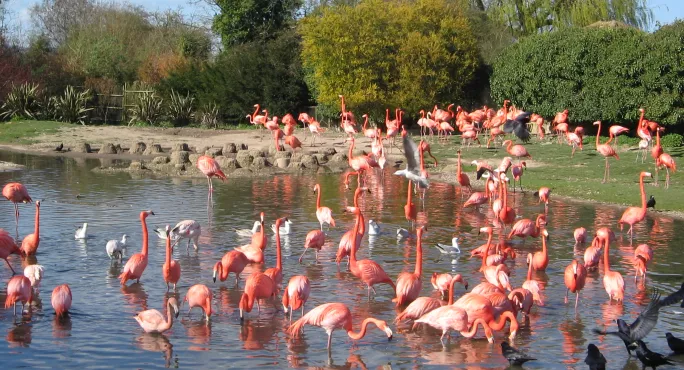Primary school trips can nurture an interest in the environment, but need to be followed up at school rather than treated as an isolated experience, according to new research.
A study of Year 4 pupils from 20 schools who visited a Wildfowl and Wetlands Trust (WWT) centre between June 2015 and October 2016 tracked the attitudes of more than 400 pupils before the school visit and up to a year afterwards.
The research, commissioned by WWT and conducted by Hope-Stone Research, also involved focus group discussions with pupils and teachers from nine schools.
Pond-dipping was found to be popular with the pupils: more than eight out of 10 pupils found the visit fun and interesting. Almost nine out of 10 said they had learnt something new as a result of their visit.
The study states: “Many were able to recall the names of the wildfowl they had seen along with the creatures identified in the pond dipping two weeks after their visit. Although this faded, after six and 12 months recall was still fairly good”.
Some 91 per cent said they remembered their visit, but less than half (43 per cent) said they remembered a lot about the visit. “Recall was significantly higher among those who had taken part in follow up activity than those who hadn’t,” the research states.
Six months after the visit, almost two thirds (64 per cent) of pupils said it had made them more interested in wildlife and nature. But after 12 months, this fell to 62 per cent.
There was a greater drop among pupils from schools with at least one in five pupils eligible for free school meals, at 56 per cent a year after the visit, compared with 67 per cent of those from schools with less than one in five pupils eligible for free school meals.
“This suggests that sustaining interest is in part dependent on social and environmental factors such as family interest and opportunities to engage with wildlife and nature,” says the research paper.
A single visit has a “short term” impact. The research claimed that to “sustain interest and change in attitudes and actions in the medium and long term, input will need to come from the school, the children’s family and their wider environment”.
Having a more structured approach to future trips, such as providing teachers with a “clear outline for a self-guided period that also focused on conservation issues” as well as having an ongoing relationship with WWT would help “retain interest and awareness among pupils,” suggests the study.




